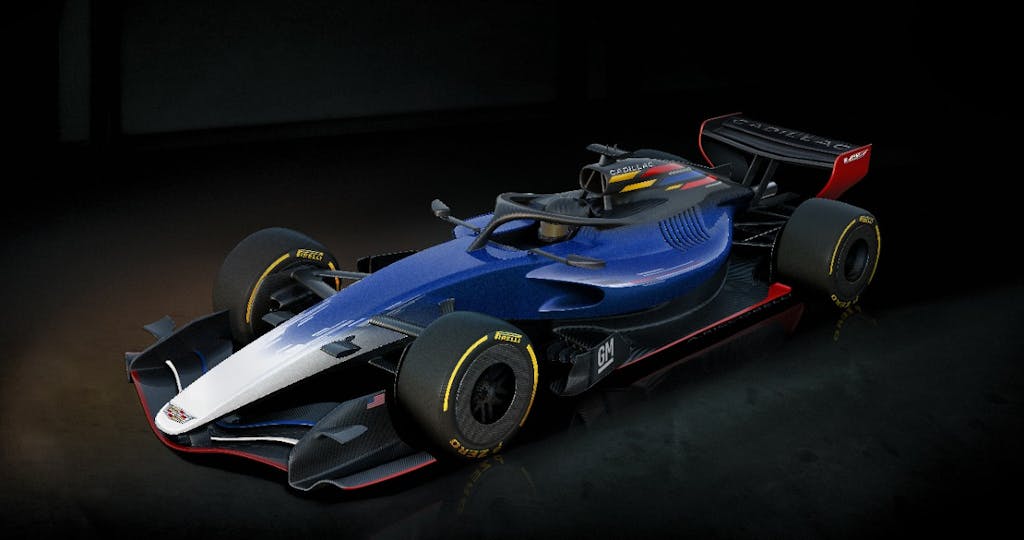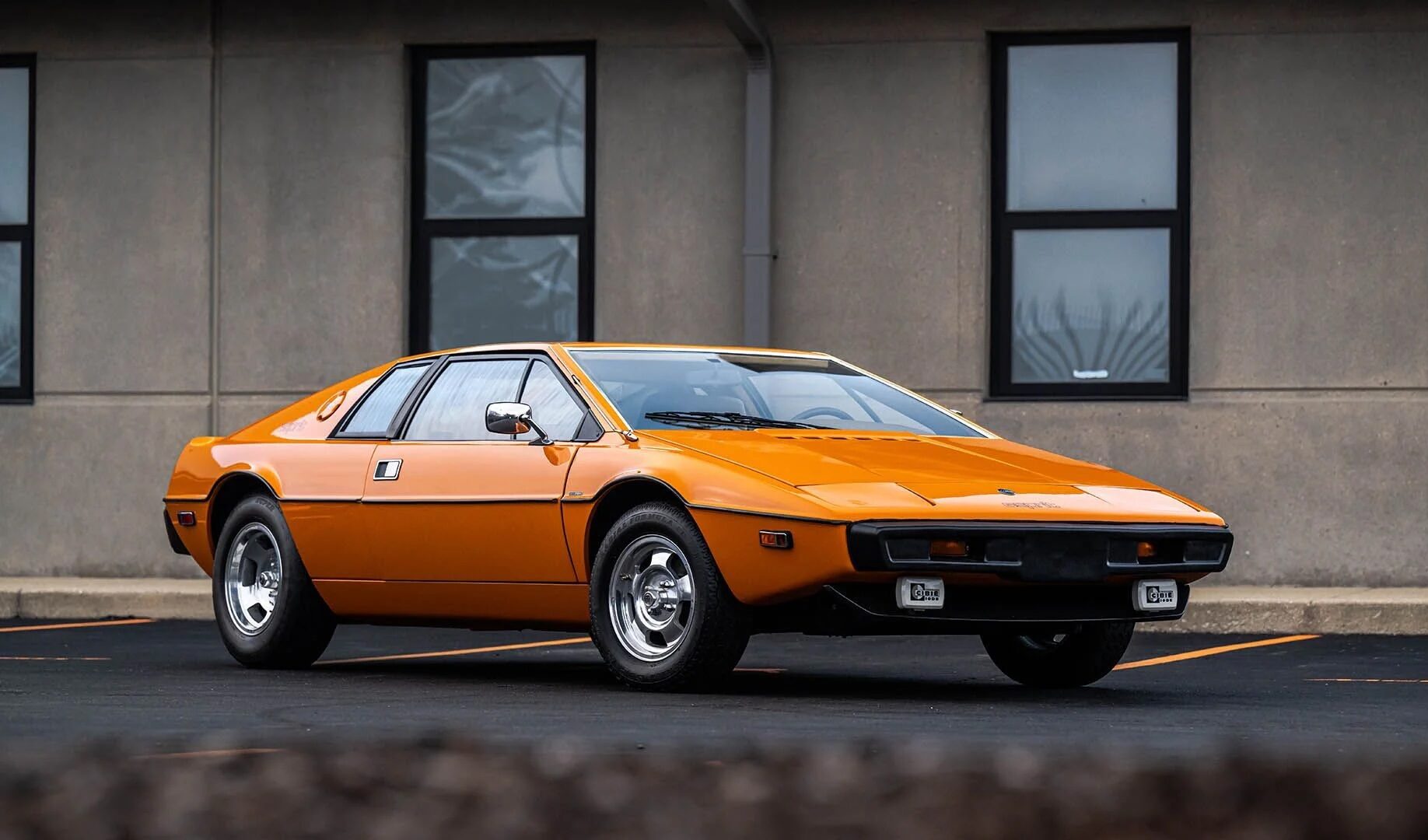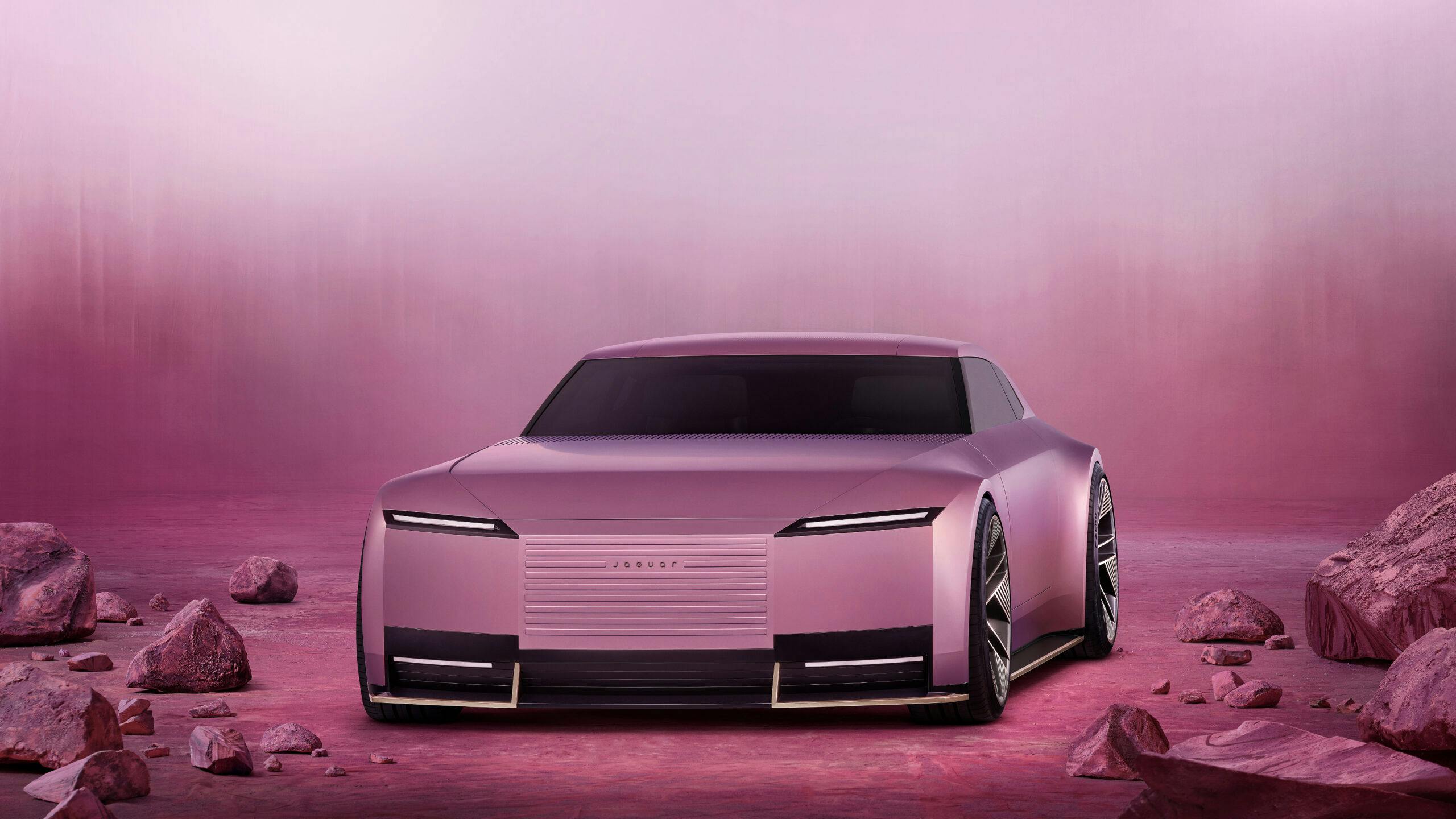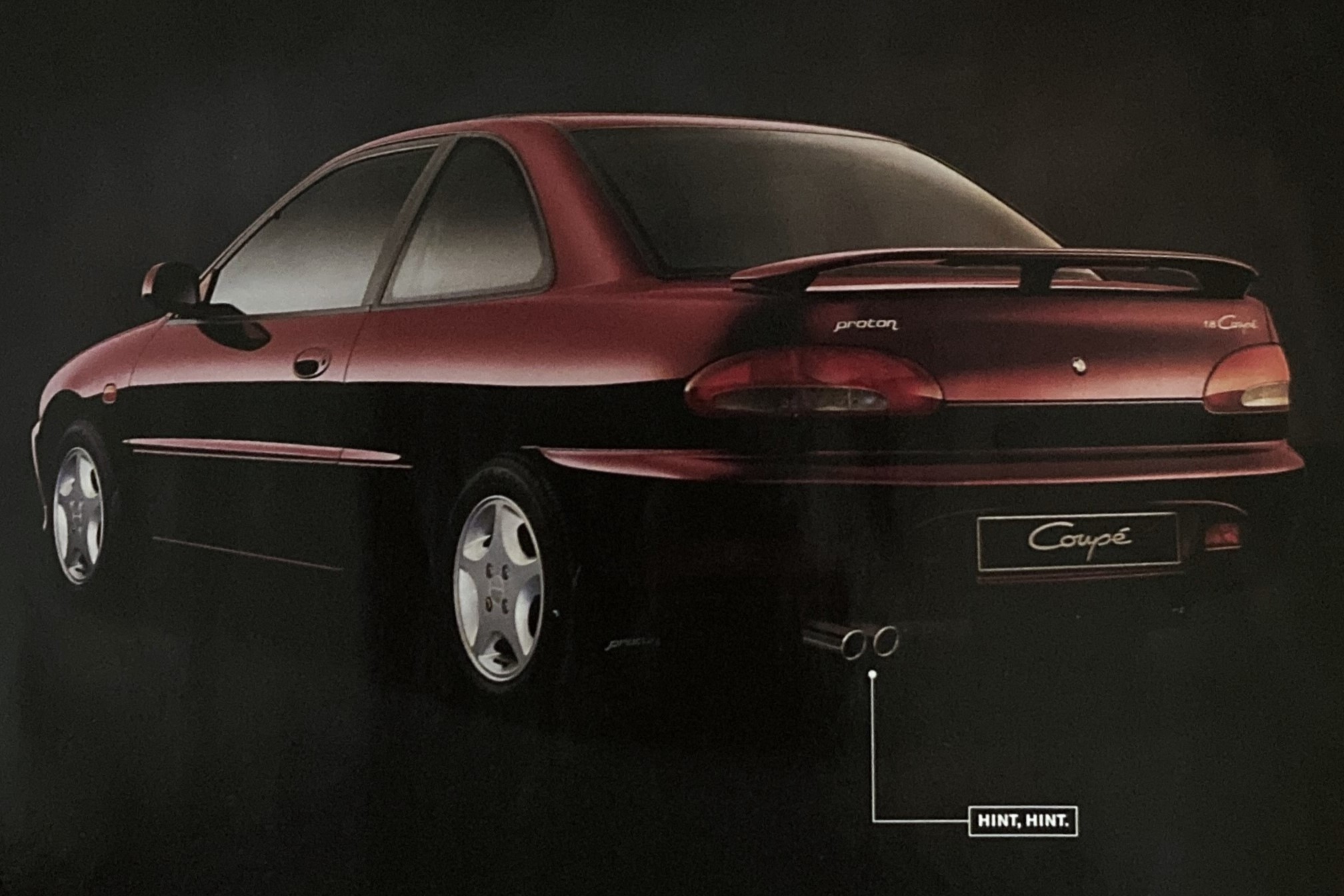Volvo’s reputation for rugged durability won’t be diminished when it becomes an EV-only carmaker, and its future models could have a lifespan of 40 years or more.
According to the Swedish firm’s Head of Strategy and New Cars, Erik Severinson, the limitations of current batteries could become a thing of the past, while EV motors may actually extend the life expectancy of Volvo cars.

Speaking after the grand opening of World of Volvo he told Hagerty, “We have honestly not changed our requirements on longevity or sustainability or lifespan of the products when we moved into electrified cars.”
“The key difference here is electrification. The electric motor has a much longer life than a combustion engine. You can have that for 40 years running if you would like, but the batteries, of course, have a different ageing profile than a combustion engine.
“We have not changed the requirements. So we are designing our cars to be as durable in the future as our current cars. How are we doing that? Well, the battery part is twofold. One is software. Batteries age when you are discharging fully, and charging fully. Typically, if you do that in a fast charging network, then you eat the battery a lot. It also ages partly from time, so what we’re doing is using software to control it so we don’t get into these endpoints too much.”
By keeping batteries charged between 30 and 70 percent they age much less, explained Severinson. Volvo is working with a local partner Northvolt on battery tech, and will soon build its own packs at a new facility in its Torslanda plant. Those batteries may eventually be made entirely from recycled materials, ending the ethically and environmentally questionable mining of rare resources.
“The big difference between electric cars and combustion cars is that when you burn the fuel (in a combustion car) then it’s gone, but for an electric car, once the battery is depleted, you can actually build a new battery of the old batteries. 95 percent of the critical minerals are reusable, and we’re designing better plant processes to be able to cater for recycled batteries.
“In 2040 the amount of nickel, manganese and cobalt running around the road is probably bigger for us than the amount in the crust of the earth. The electric vehicle offers a totally different opportunity in terms of sustainability from a recycling perspective.”
Ironically that could actually contradict Volvo’s long lifespan goals. “Maybe we will want to get the cars back because we can build a new battery of them and so don’t want to have the car for 15 years in the market. Maybe 10 years is better, because we can say it’s a more sustainable solution.”
So will cars like the EX30 and EX90 really become future classics or will they all be stripped down to build the next generations? We’ll find out in 40 years…






